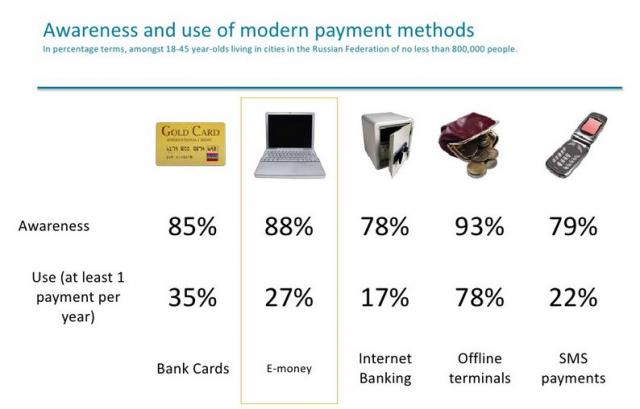Many leading global companies have had to face that Russia is everything but easy to invade. As a current testament to this, ubiquitous forces like Facebook and Google haven’t managed to wipe out the local competition as has been the case in most other countries worldwide. Vkontakte still has a healthy lead over Facebook in Europe’s largest internet market, and the same goes for Yandex in the search engine sphere, despite great efforts from its Californian big brother. Heck, Amazon doesn’t even have a presence in the country!
By researching and learning from previous examples, it becomes evidently clear that anyone contemplating expansion into Russia will need to adapt a special approach in order to stand a chance. Replicating a business model that has proved successful elsewhere simply won’t cut it. That’s not saying, however, that every single aspect is complete foreign territory, but some major differences that can make or break your Russian business adventure do apply. One such notable difference, and a returning topic of discussion, is the attitudinal behaviour towards electronic payments and the apparent lack of trust in these methods.
A 2012 study on the awareness and usage of e-payment systems in Russia, commissioned by Yandex and carried out by TNS Russia, shows that 78% of the respondents surveyed had at least made one payment over the past year through an offline terminal, way ahead of e-payment methods like banking cards, e-wallets (e.g. Yandex.Money), and SMS (see image below).
When you add to this that the respondent sample was between the age of 18-45, and living in cities with populations larger than 800k (in fact, more than 50% of responses were collected in Moscow alone), the Russian population as a whole may in fact skew even more heavily towards cash-payments than indicated in this study. After all, it’d be fair to assume that there’s a higher propensity amongst young urban Russians to use e-payments than for Russians living in rural areas.
When that’s said, e-payments are rapidly gaining impetus and will continue their upward trajectory as the Runet evolves and trust builds. But for the time being, it’s imperative that your ecommerce business offers offline payment options alongside electronic ones in order to not lose out on a substantial amount of business. For foreign organisations that acknowledge and identify these main differences (payment methods are just one of many considerations) and adapt accordingly, there will be a vast window of opportunity to be tapped. Challenging? Definitely. Impossible? Far from it!
Preston Carey, US Business Development Director for Yandex, will be speaking at the International Search Summit in New York on October 1st, where he will deliver key insights into how you get it right in Russia. Book your spot here and don’t forget to use the discount code – WS-ISS10 – to get 10% off the price.
Immanuel Simonsen
Latest posts by Immanuel Simonsen (see all)
- Is Baidu losing its crown in China? - July 31, 2015
- Global logistics brand DHL eyes Chinese e-commerce growth - July 27, 2015
- VKontakte To Launch Rival To Instagram - July 21, 2015




